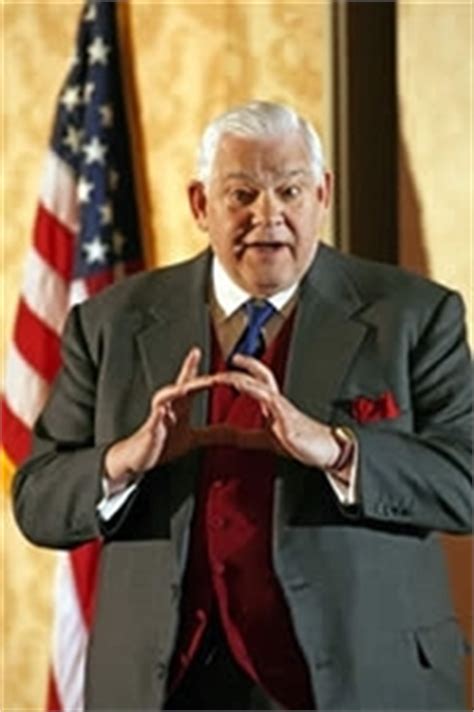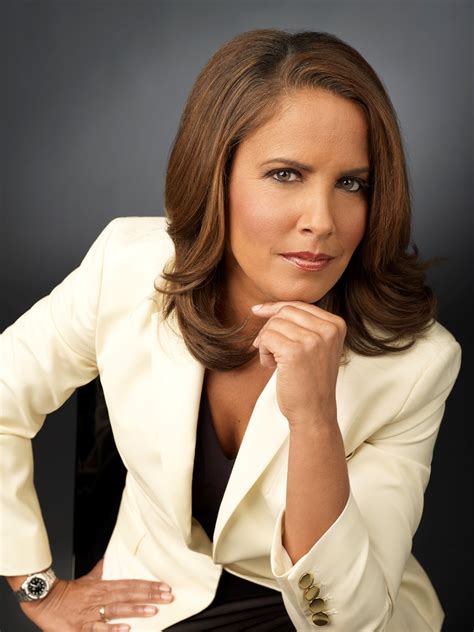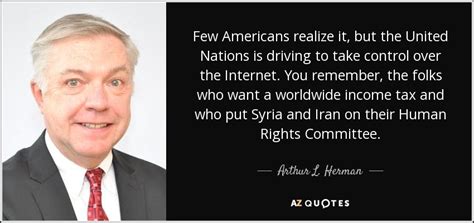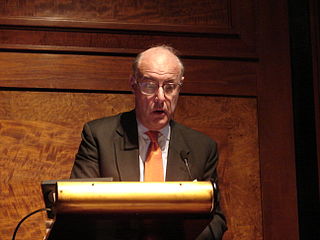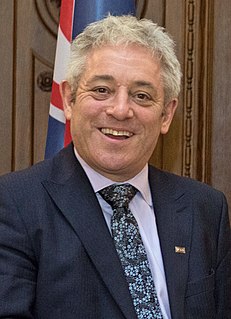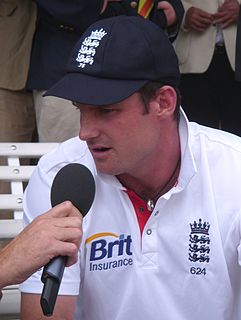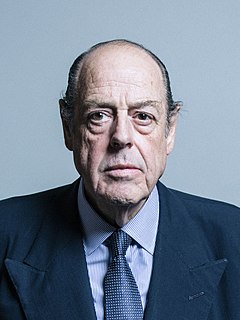A Quote by Gretchen Rubin
When Prime Minister Neville Chamberlain's government fell in May 1940, the nation turned to Churchill. At last, his unique qualities were brought to bear on a supreme challenge, and with his unshakable optimism, his heroic vision, and above all, his splendid speeches, Churchill roused the spirit of the British people.
Related Quotes
Adlai Stevenson, himself a notable speaker, often reminisced about his last meeting with Churchill. I asked him on whom or what he had based his oratorical style. Churchill replied, "It was an American statesman who inspired me and taught me how to use every note of the human voice like an organ." Winston then to my amazement started to quote long excerpts from Bourke Cockran's speeches of 60 years before. "He was my model," Churchill said. "I learned from him how to hold thousands in thrall."
Gandhi wanted to meet with Churchill, his most bitter foe, when he visited London in 1931- but it didn't happen. Churchill wanted to go to India personally as prime minister in 1942 to negotiate a final settlement on India with Gandhi and the other nationalist leaders - but the fall of Singapore prevented it from happening.
It is impossible not to be moved by the verve, courage and elan with Churchill attacked his last and ultimately invincible enemy, old age and infirmity. As in all his campaigns, he assailed his adversary with endless high spirits, expert advice, ample helpings of brandy and champagne, and the loving and long-suffering support of his wife.
In the closed circle of the war cabinet, pounded by terrible report after terrible report, there had been uncertainty about whether he could fend off the drift to exploring a deal with Hitler. The determination of the larger group trumped the tentativeness of the smaller, and Churchill fulfilled his role as leader by disentangling himself from defeatism--one of his singular achievements at the end of May 1940.

